The initiatives of “Fazer O Bem Faz Bem” have benefitted over 300 Brazilian municipalities and around 77 million inhabitants across the entire country. The resources were allocated to tackling the pandemic in Brazil, creating a huge legacy for the health sector in Brazil, with the construction of permanent hospitals, renovation work on Health Centers and the donation of hospital equipment and ambulances, in addition to investments in scientific research and for the benefit of social initiatives.
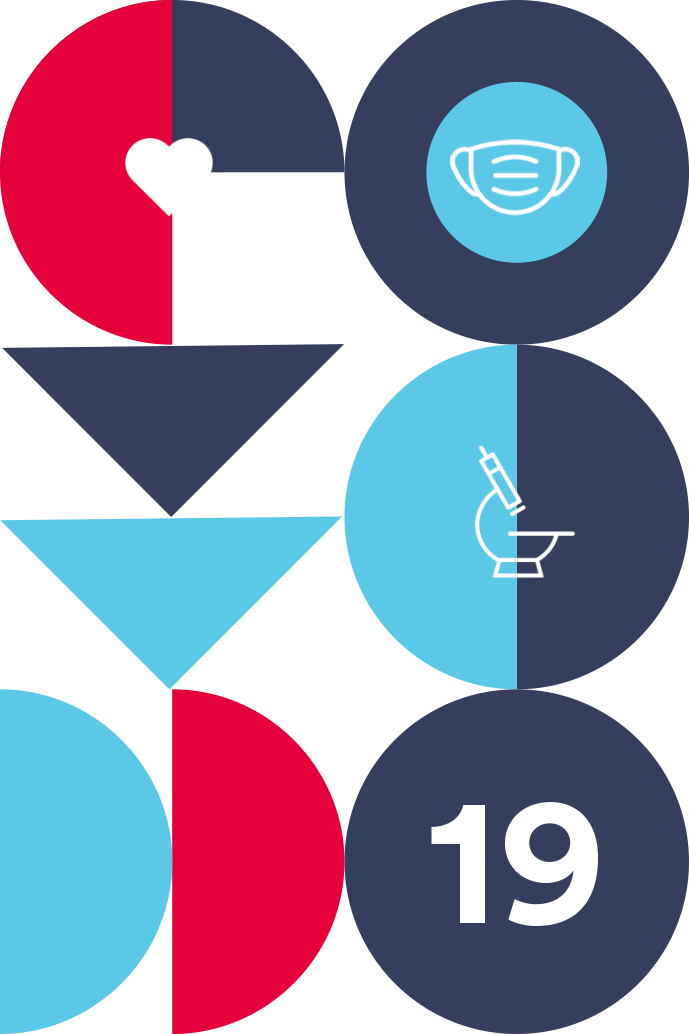

R$ 330 million dedicated to supplies, services, the construction of hospitals and renovations to Basic Health Centers.
Find out more
R$ 50 million for research entities for studies into tackling Covid-19 in Brazil.
Find out more
R$ 20 million to NGOs with a track record in attending to the vulnerable population.
Find out more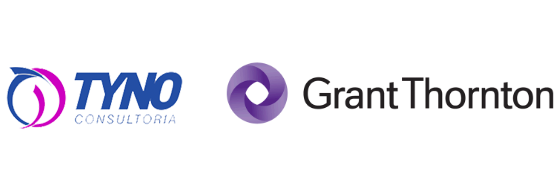
All initiatives are controlled and audited by consulting firm, Tyno, in the administrative field, and by Grant Thornton, in auditing donations. The companies are providing their services pro bono.

 Consultative Committee
Consultative Committee Science and Technology Committee
Science and Technology Committee Social Committee
Social Committee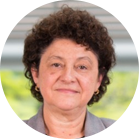
With more than 20 years’ experience in the Agribusiness and Food sectors, she is a former CEO of Seara Alimentos where she held the position from 2015 until standing down in 2020 in order to dedicate herself to social projects.
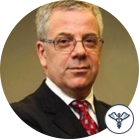
With extensive experience in health care, he has been to the fore in private and public hospitals for over 30 years. He holds a degree in Economics from PUC-RS, with a master’s in business administration from PUC-RJ.
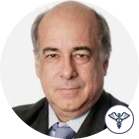
He holds a degree in Law from PUC-RJ and took the Harvard Business School Advanced Management Program. He was vice president at Shell Brasil and president of Brasil Telecom and Varig S/A. He founded the company Compass Consultoria.
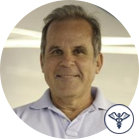
Benchmark in e-health and innovation solutions, he holds a degree in production engineering from UFSCAR and an executive education at the Sloan School of Management (the MIT business school).
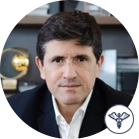
He holds a bachelor’s degree in Economics from UERJ and a masters from PUC-RS, and an executive education at MIT and the Harvard Business School in Strategy and Innovation. He was CFO for Offshore Logistics at Bradesco and began his career at Arthur Andersen.
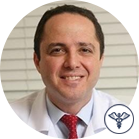
Director-general of the Cardiology Center at the Sírio-Libanês Hospital. Cardiologist and Full Professor of the Cardio-pneumology Department of the University of São Paulo , he heads up Brazilian and international research in the field.
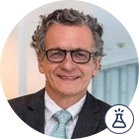
He is a physician and a Doctor of Medicine in Nephrology in Kidney Transplants, President of the Ethical Research Committee of UNIFESP and member of the Ethics Committee of the International Transplantation Society.

Digestive system and coloproctology physician and surgeon, he is also the coordinator of the graduate course in coloproctology at the Faculdade Israelita Albert Einstein Graduate Program in Health Sciences. He is also a member of the consultative committee of the Fundação FMUSP.
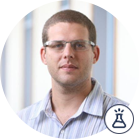
Coordinator of the first study on the prevalence of Covid-19 in the population of his native state, Rio Grande do Sul, a study now being extended to the whole of Brazil. He holds a master’s and Ph.D. in epidemiology from the Federal University of Pelotas (UFPel) and is one of the founding partners and former president of the Brazilian Society for Physical Activity and Health.
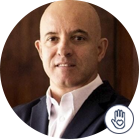
He has managed team and organizational development projects for Brazilian and multinational companies. He holds a bachelor’s degree in Administration from the UFMG, a specialization in Business Policy from Insead/France, and a Ph.D. in Business Administration from the FGV.

Holds a degree in Political Science and International Studies from the University of Warwick and an MBA in Human resources from USP. She worked for the W.K. Kellogg Foundation, a pioneer in philanthropy and volunteer services in Latin America and as Social Investment Director at Participações Morro Vermelho.

She is also a member of the board of Artesol (an NGO promoting traditional Brazilian handcrafts) and the Protea Institute (dedicated to addressing breast cancer). With 20 years of experience in the field, she holds a degree in business administration. She was president of the Solidarity League (Liga Solidária), one of Brazil’s most famous not-for-profit institutions, and today she is a member of the board of that institution.
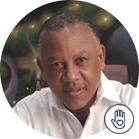
He is also a producer of events, social activities and CEO of Favela Holding, a conglomerate of 22 companies focused on the market in peripheral areas that arose from the creation of Cufa. He has authored three best sellers and was co-author of two other publications.
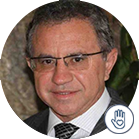
He has been engaged in the social area in private social investment for 26 years. He holds a degree in Administration and a Ph.D. in Human Resources. He was executive director of Instituto Telemig Celular and Instituto Camargo Correa. He is currently a partner at Kairos Inteligência Social.

The R$ 400 million were determined according to technical criteria based on the investigations of the steering group. Following this survey, three fronts were established: health care, social action, and science.
This crisis is unprecedented in global terms and requires everyone’s support. JBS is a company with 65-year history of commitment to Brazil. Since the onset of the pandemic, we have been working to develop a product that could help to combat the new coronavirus.
JBS will donate R$ 700 million solely to combat Covid-19, of which R$ 400 million in Brazil where we have 130,000 team members. The funds will be allocated on three fronts: healthcare, social action, and science
The proceeds will come from the JBS’ own cash.
JBS is donating R$ 400 million to combat Covid-19 and to save lives in Brazil. The funds will be allocated as goods and services to state governments and prefectures. The objective is to help cope with the pandemic using actions that address the health of the population, assistance to those most vulnerable and to foster advances in science and technology in Brazil. There will be specific funds for each front.
he projects will be selected under a rigorous process run by the committee of independent specialists, while the auditing will be the responsibility of Grant Thornton, global consultants with over 100 years in the market (the company has foregone its fees in order to contribute to the social program, and will operate pro bono).
JBS is a company remarkably familiar with the interior of Brazil, having existed in close proximity with the realities there for 66 years. Studies by the steering group helped to define the action, while specialists in a variety of fields – medical, scientific, and social, for example – will select the projects.
The aim of the project is to help save lives and engage in tackling Covid-19 in Brazil on a wide front. This help has to be quick, effective and have a long-term approach in order to improve the public health situation. We will use our experience, resources, and logistics throughout Brazil to support and monitor how the project progresses and its continuity in each of the cities.
JBS is donating R$ 400 million exclusively to tackle Covid-19 and save lives in Brazil. The funds will be channeled to permanent public healthcare actions, assistance for those most vulnerable and the development of scientific research.
The criteria will be defined by the committees of independent specialists, drawing on a joint diagnosis with the states and municipalities, NGOs, and research institutes.
The funds will be available as and when the projects are approved by the committees of specialists.
JBS is going to donate R$ 400 million in funds for healthcare, which will produce tangible initiatives in the municipalities. Not to mention the social actions of NGOs and scientific research.
At state level, for example, the funds will be allocated with the emphasis on building modular hospitals. The proceeds may also be used to purchase respirators, tests for detecting the novel coronavirus and for installing ICU beds, medications, masks, food baskets, and hygiene and cleanliness baskets.
JBS is going to donate R$ 300 million overseas. The majority of these resources will be allocated in the United States where we have 60,000 team members in over 50 cities. The priority areas are healthcare, social assistance, and infrastructure.